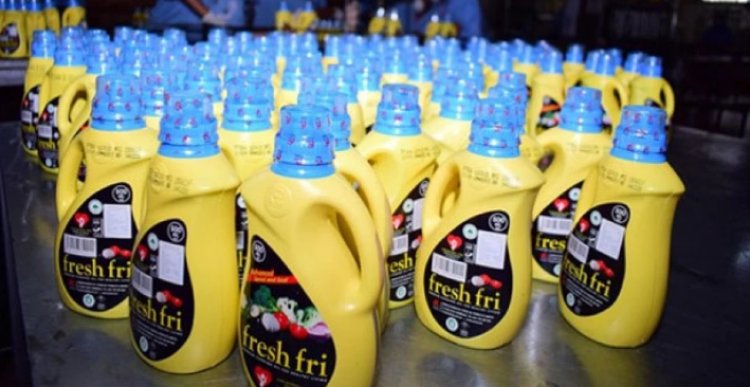Cooking Oil Prices Expected To Rise Again
Cooking oil prices are expected to rise again in the coming days, owing to policy shifts that have thrown global trade into disarray.

The recent price increase is ascribed to a policy shift by Indonesia, the world's largest cooking oil supplier, which has prohibited the exports of palm oil, a decision that affects not only Kenya but the rest of the world.
According to reports, Indonesia has reduced palm oil exports by more than 75%, resulting in a comparable reduction in world cooking oil production.
The huge reduction means that manufacturers who have access to palm oil will receive less than a fourth of what they were previously importing.
Due to the dollar crisis, the war in Ukraine, and Indonesia's export ban, which has hampered the importation of raw materials used in the production process, some manufacturers in the country have reduced cooking oil production.
Pwani Oil, a leading cooking oil manufacturer, temporarily halted operations due to a shortage of raw materials due to difficulties in obtaining dollars to pay suppliers.
"Given the prevailing challenges, Pwani Oil has temporarily halted operations at its refinery in Kilifi as we work to resolve the problem. We, however, wish to assure our customers, employees, suppliers, partners and other stakeholders that this is a temporary measure and the business remains in operations and our products available in retail outlets," Pwani Oil announced.
Kapa oil, a significant player in the cooking oil industry, is also operating below capacity due to the dollar shortage.
Furthermore, Ukraine is Kenya’s primary supplier of sunflower oil, and the country's condition has deteriorated due to the ongoing conflict.
Aside from that, no edible oil will likely be imported until past June 20.


























